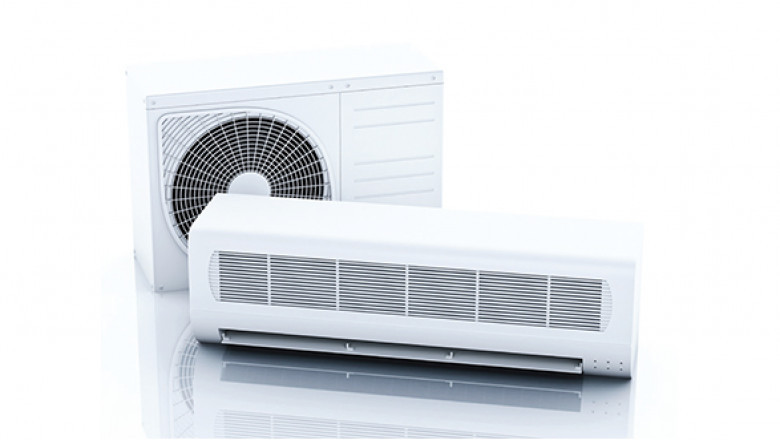views
Keeping air conditioning systems running efficiently is a challenge, especially in buildings with multiple units. Without central air conditioning control, individual air conditioners operate independently, often leading to higher energy consumption, unnecessary wear and tear, and increased maintenance costs. This is where a light building management system, such as the BMS-3000, comes in, offering a smart way to manage and monitor air conditioning units from a single location.
The Problem with Uncontrolled AC Units
Many buildings rely on separate AC units for different rooms or areas. Without a centralised system, these units run based on individual settings, which can cause several issues:
· Wasted Energy – Users may set the temperature too low or leave the AC on in empty rooms.
· Uneven Cooling – Some rooms may be too cold, while others remain warm.
· Higher Maintenance Costs – Units that run longer than necessary wear out faster, resulting in more frequent repairs.
· Lack of Monitoring – Building managers have no real-time data to track performance or detect issues early.
Without a proper system in place, these issues continue to drive up electricity bills and maintenance expenses.
How AC Central Control Solves These Issues
By using an AC central control system, such as the BMS-3000, building owners and managers can control all air conditioning units from a single platform. This setup allows for:
· Energy Efficiency
· The system ensures that air conditioners operate only when necessary. Temperature thresholds and schedules can be set to prevent overcooling or unnecessary usage. For example, office buildings can have different settings for work hours and non-working hours, reducing power consumption at night.
· Longer Equipment Life
· When AC units are adequately controlled, we don’t run longer than necessary. This reduces wear and tear, meaning fewer breakdowns and longer-lasting equipment. Instead of replacing units every few years due to excessive strain, well-managed systems can operate efficiently for much longer.
-
Lower Maintenance Costs
· Unmonitored AC units often break down without warning. The BMS-3000 monitors all connected units, alerting managers when a unit is malfunctioning. This allows for preventive maintenance, reducing expensive emergency repairs. If an issue arises, technicians can diagnose the problem remotely before arriving on-site, saving time and money.
-
Tamper-Proof Controls
· With an AC central lock, unauthorised changes to the settings are prevented. This ensures that users cannot lower temperatures excessively or keep the AC running when it’s not needed. If someone tries to override the system, an alert is sent to the building manager, ensuring better control and cost savings.
The Role of an AC BMS System
A building management system (BMS) designed specifically for air conditioning units, such as the BMS-3000, is a game changer for businesses, hotels, office spaces, and residential complexes. It allows for:
· Remote Control – Adjust settings from anywhere, even off-site.
· Customised Schedules – Different settings for weekdays, weekends, and holidays.
· Real-Time Monitoring – Detects issues before they become costly problems.
· Tenant Management – Different profiles for different users, ensuring fairness in energy usage.
With an AC BMS system, businesses can keep cooling costs under control while ensuring occupant comfort.
Why This Matters for Businesses
For commercial properties, reducing operational costs is crucial. Air conditioning often accounts for a large portion of electricity bills, and inefficient usage only increases expenses. By adopting AC central control, businesses can significantly cut costs while maintaining a comfortable indoor environment.
Hotels, for example, can prevent guests from setting temperatures too low, avoiding excessive energy use. Office buildings can automatically adjust cooling based on working hours, reducing unnecessary strain on the system. Property managers can ensure that tenants have controlled access to cooling while preventing misuse.
Conclusion
Switching to a light building management system with a central control is a wise investment for any building owner or manager. It helps cut energy bills, extends the life of AC units, and reduces maintenance costs. The BMS-3000, available at Nordatec Smart Energy, offers an easy-to-use, cloud-based solution that makes air conditioning management effortless. With features like AC central lock, real-time monitoring, and automated scheduling, it’s the perfect way to take control of cooling systems and save money in the long run.






















Comments
0 comment